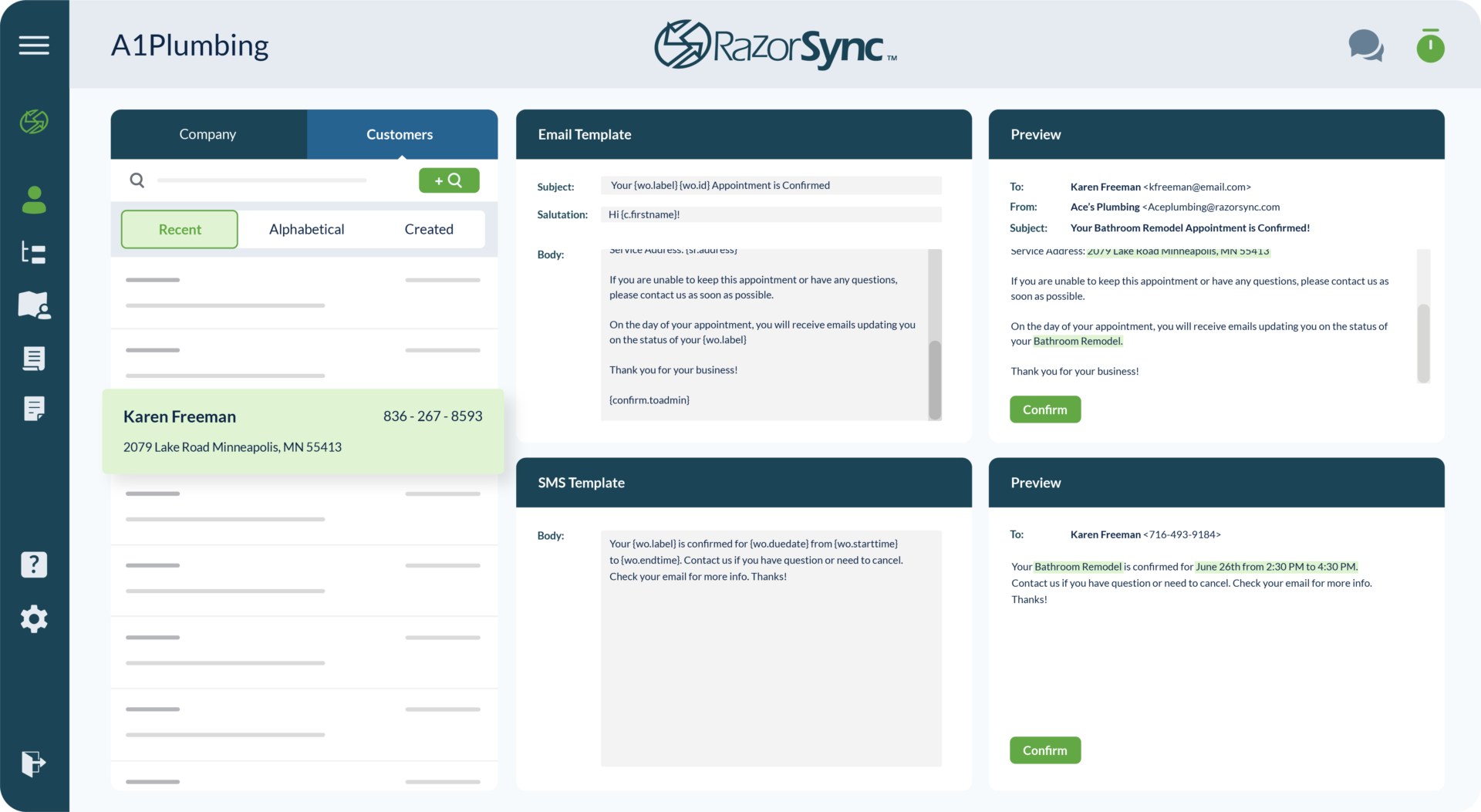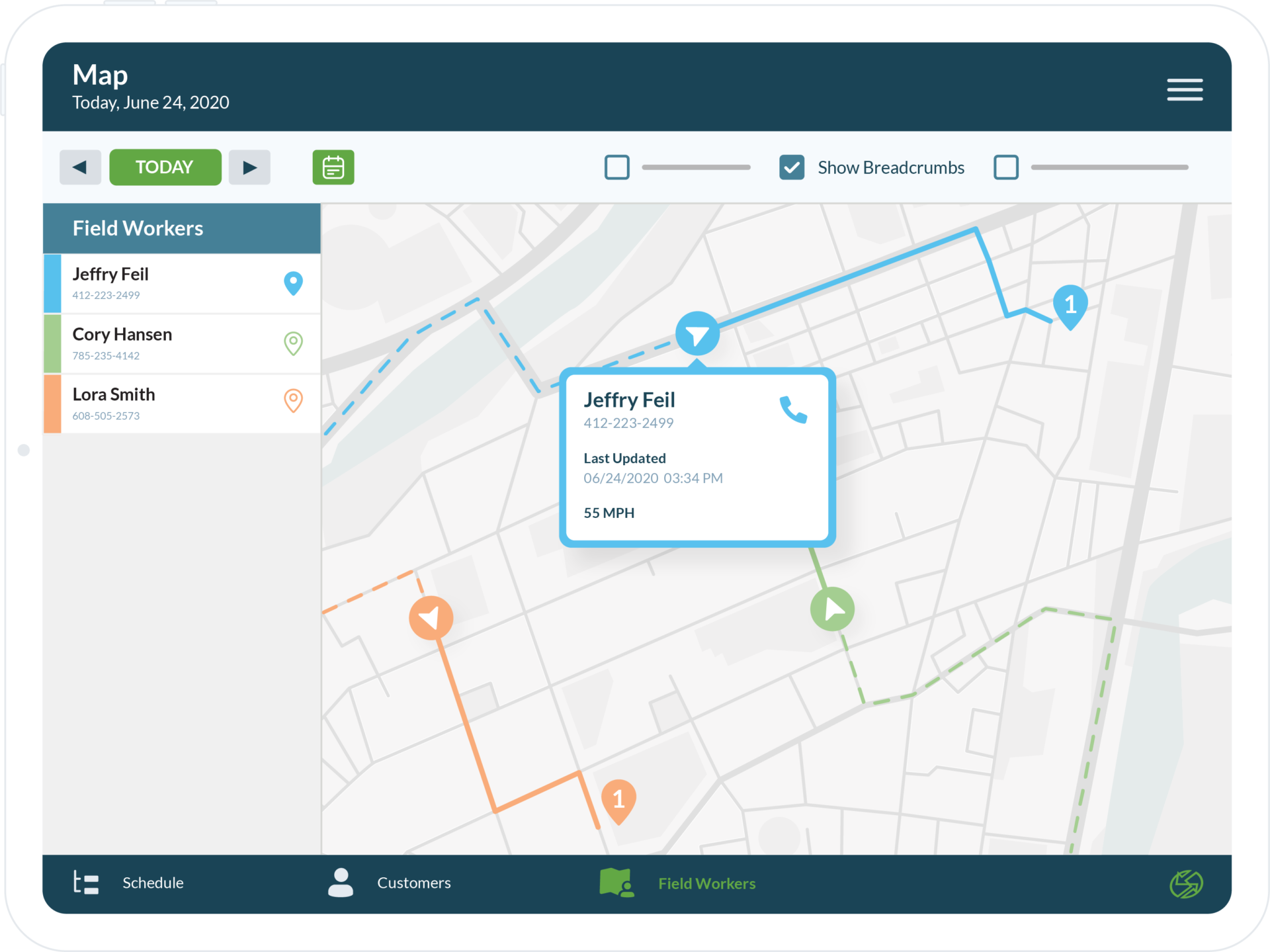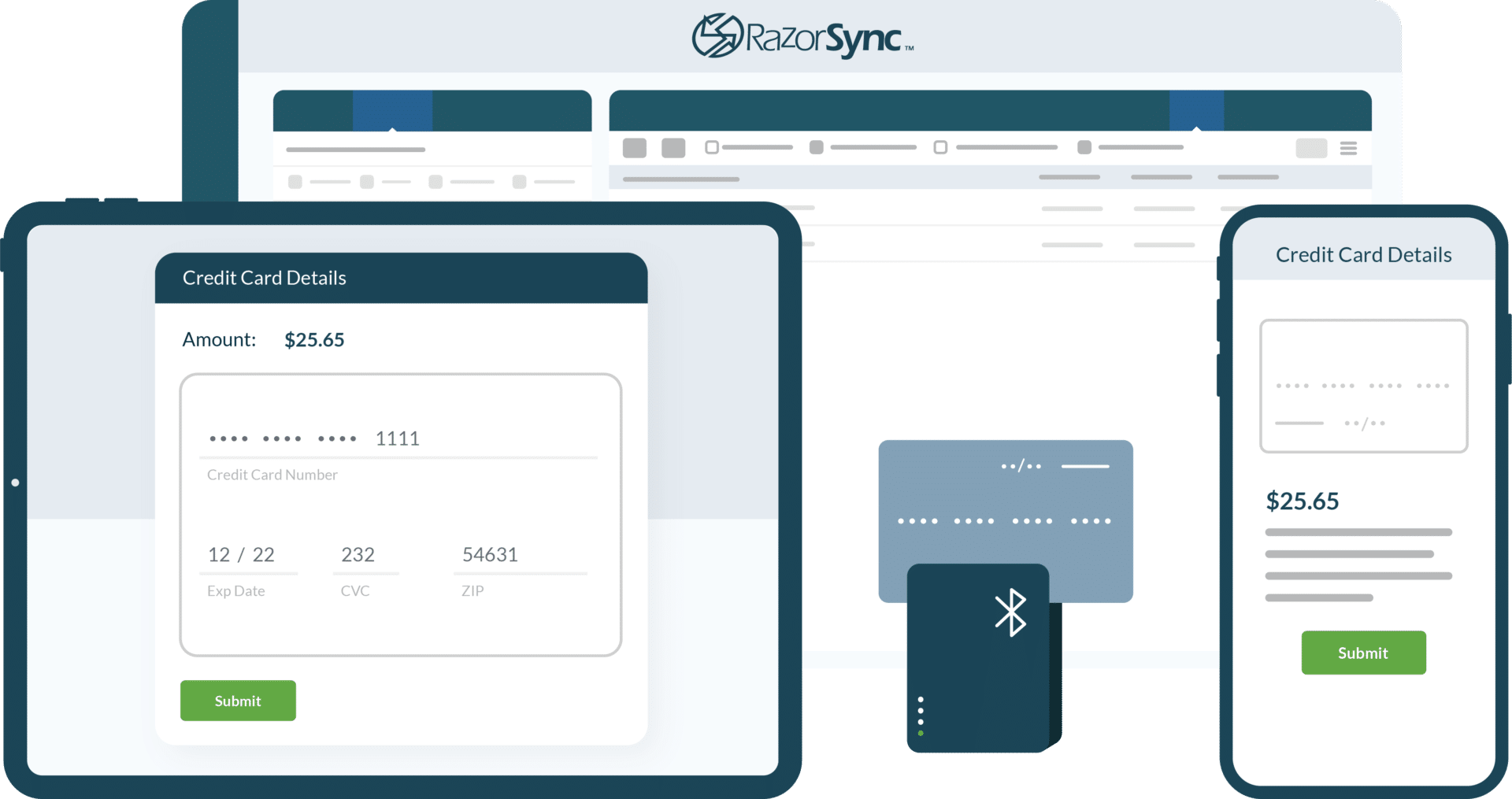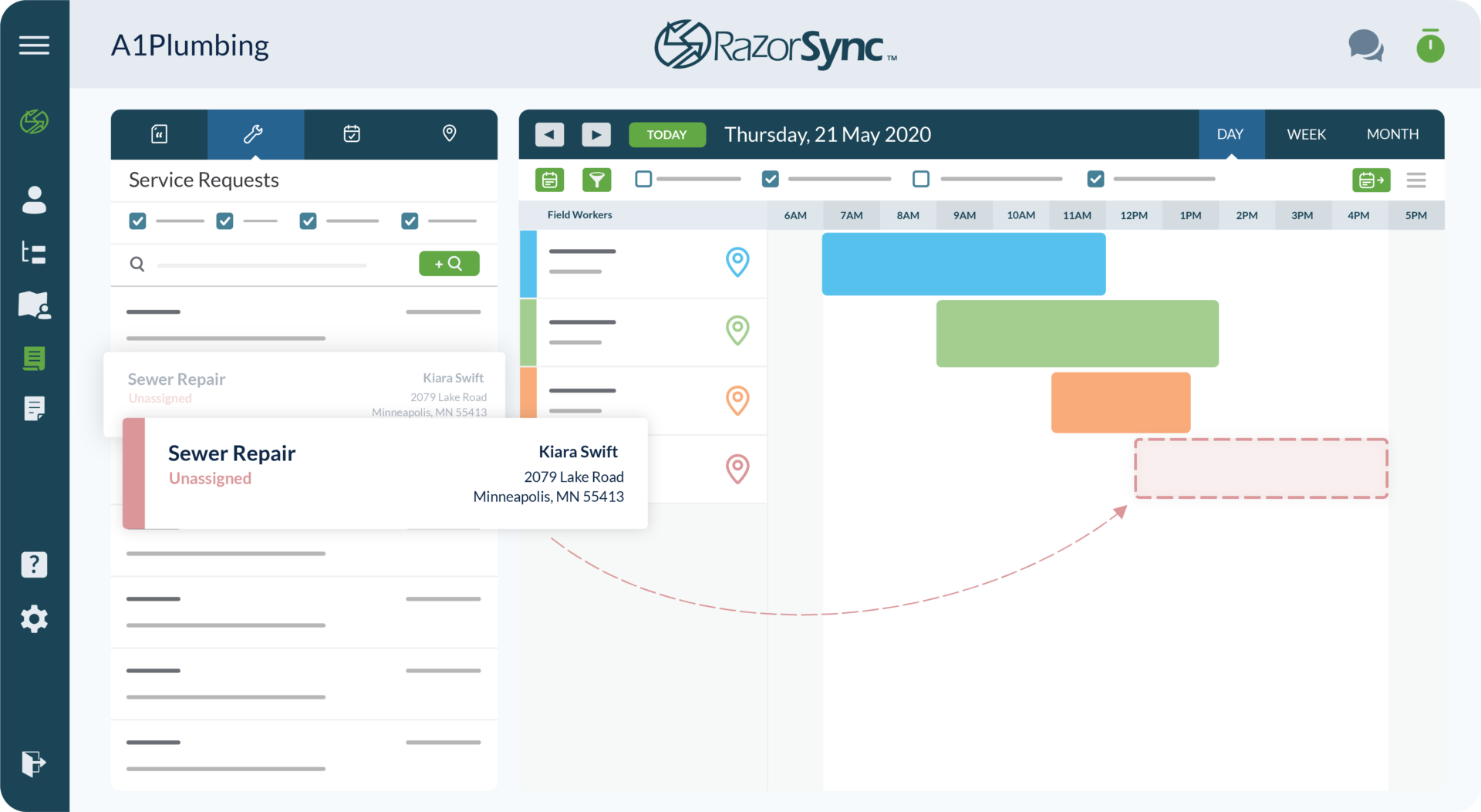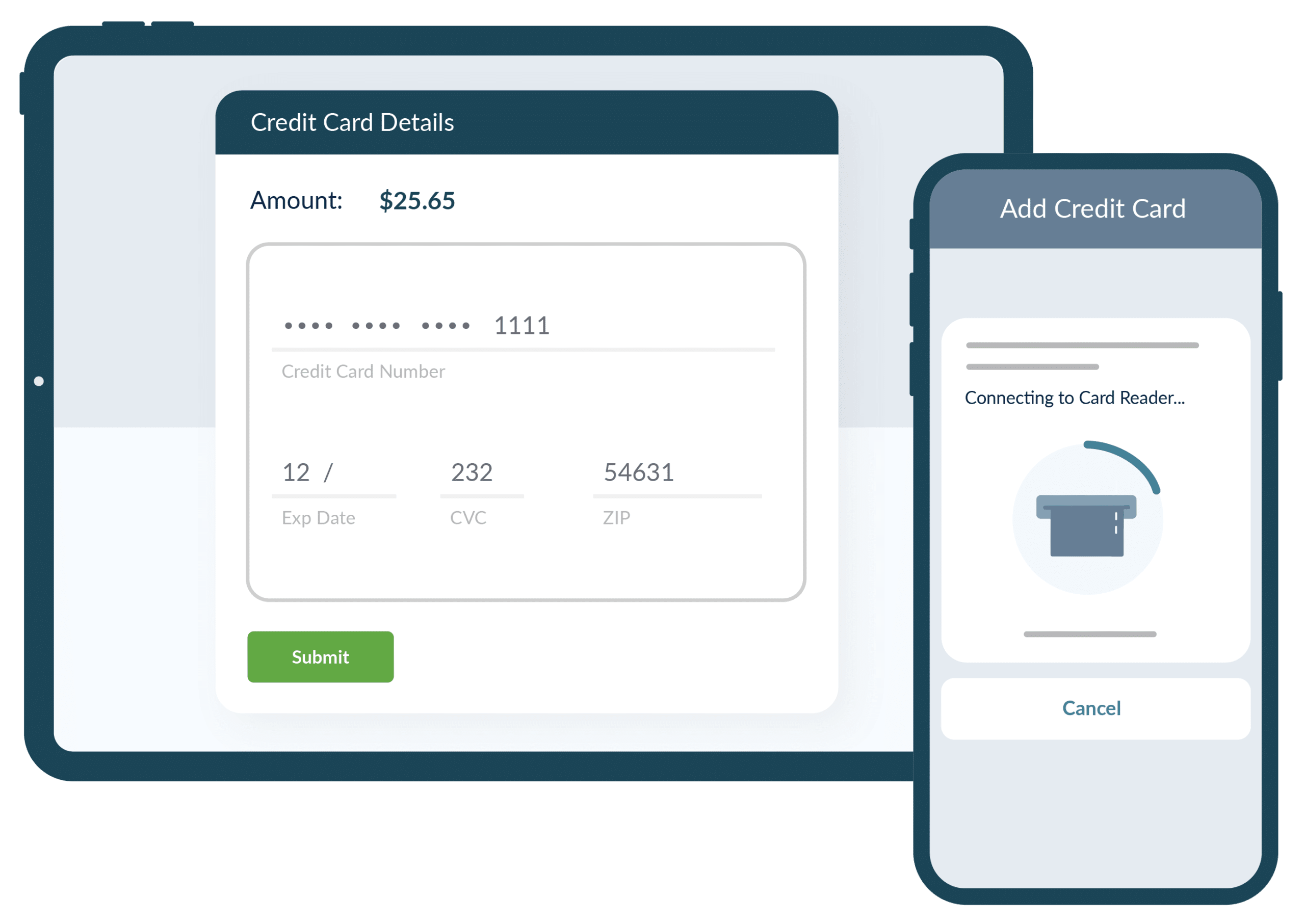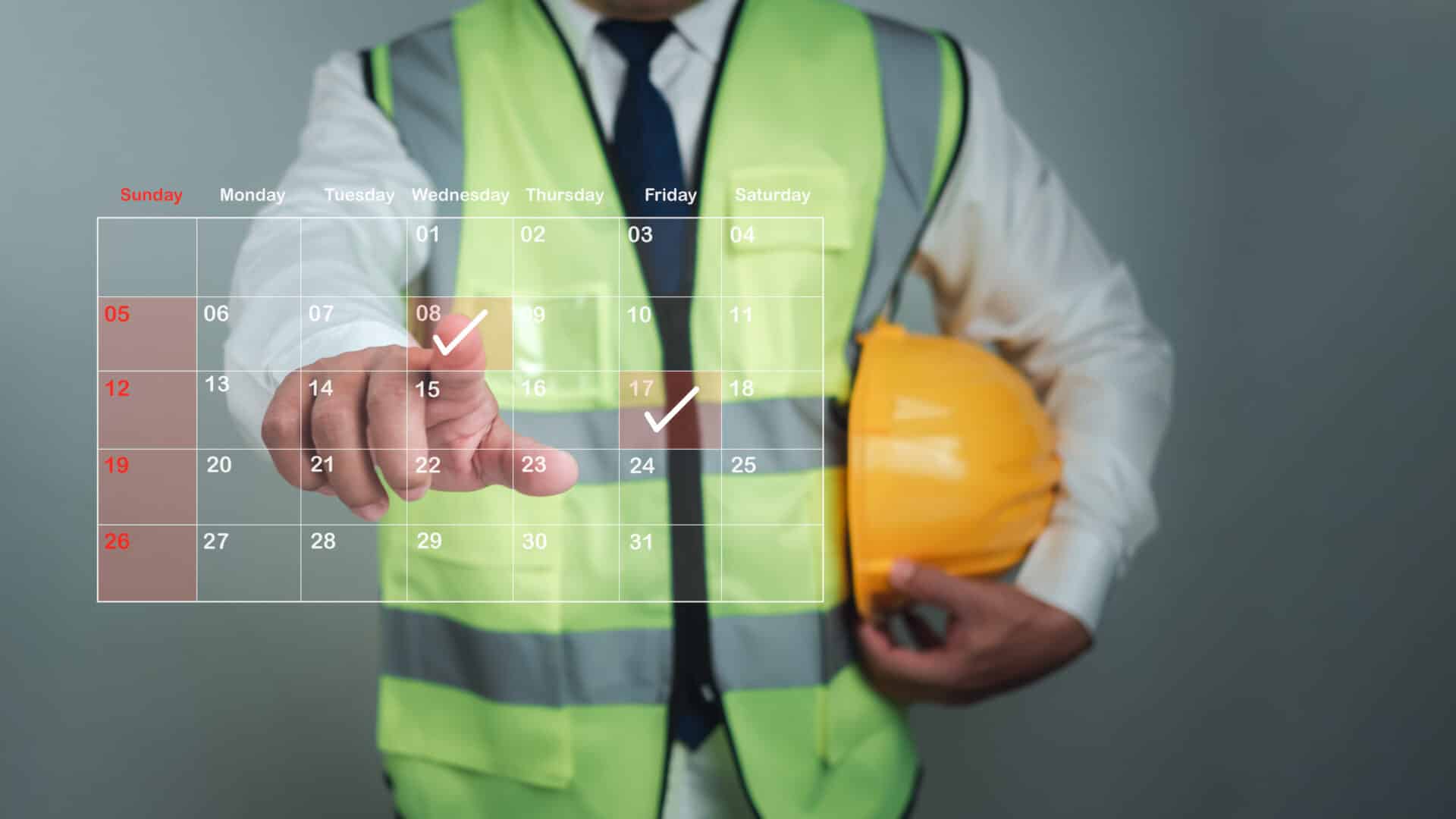Sustainable Waste Management Practices For Your Business
Waste is an inevitable byproduct of doing business – but that doesn’t mean sustainability should fall by the wayside. With rising costs, regulations, and consumer...
Oct 31, 2023
# of Minutes to Read
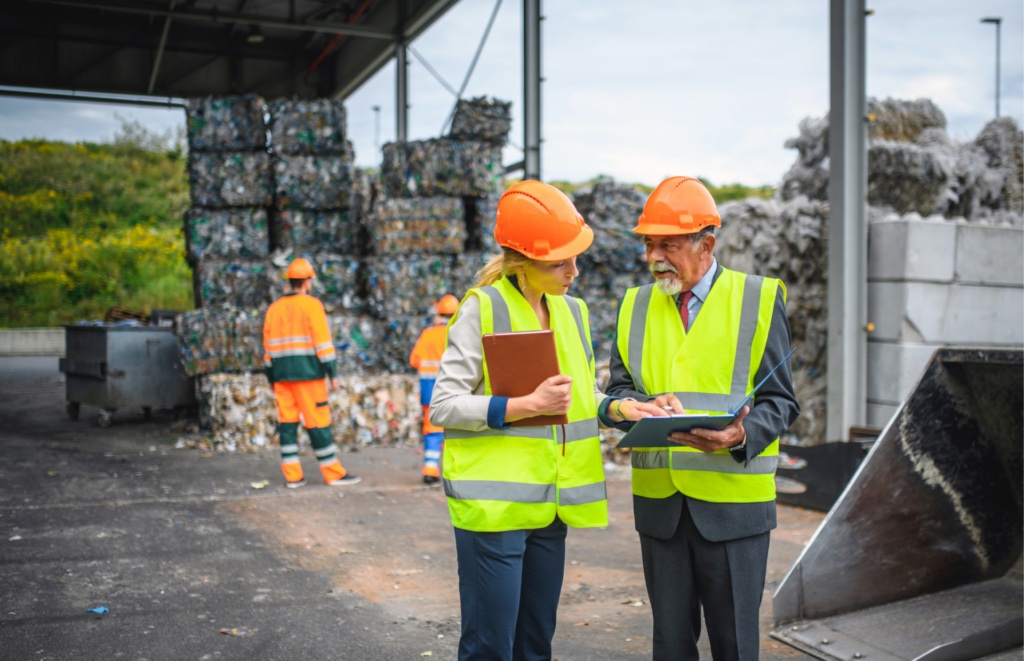
Waste is an inevitable byproduct of doing business – but that doesn’t mean sustainability should fall by the wayside. With rising costs, regulations, and consumer expectations around eco-friendly practices, implementing a sustainable waste management program is imperative for companies. This article provides tips on how to build an effective waste management strategy that is both environmentally and economically sound.
Assign Ownership & Responsibility
The first step is designating waste management responsibilities to both create new job opportunities and foster accountability within your team. Appoint sustainability project managers or coordinators to lead the initiative and assign clear waste management duties across departments. Additionally, it’s important to provide comprehensive training to ensure staff understand their roles in sorting, disposing, measuring, and minimizing daily waste.
Analyze Waste Streams
Take time to research current waste streams in your operations by tracking the types and volumes of waste generated by area, process or facility. This waste audit will reveal the biggest sources and problem areas to target. Also, examine existing waste disposal methods and partners to identify gaps or inefficiencies.
Set Quantitative Goals
Once you’ve determined which waste streams to optimize, leverage your data to set measurable targets around reduction, diversion, and disposal. Specific quantitative goals could include reducing paper use by 30%, diverting 75% of waste from landfills, cutting food waste by 50%, etc. Share these goals cross-functionally and gather organizational input on achieving them.
Implement Waste Minimization Measures
There are many ways to reduce waste generation through process improvements, technology investments, material substitutions, and reuse programs. A few common measures include:
- Process optimization to use materials more efficiently
- Purchasing reusable products and packaging
- Establishing take-back programs for used products/packaging
- Installing sensors, meters, and automation to prevent material overuse
Improve Sorting & Collection
Create clearly labeled sorting bins and collection mechanisms to divert recyclables, organics, e-waste, etc., along with proper training and educational materials on how to complete sorting and handling procedures correctly.
Partner with Sustainable Vendors
Evaluate waste and recycling partners to ensure responsible end-of-life practices. Simply put, favor providers with appropriate landfill diversion, waste-to-energy, composting, reuse programs, or sustainable transportation.
Track Progress
Monitor waste volumes, diversion rates, disposal methods and costs regularly to quantify progress and identify areas for further improvement. This data also helps estimate the ROI on waste initiatives. Implementing sustainable waste management requires an orchestrated strategy involving leadership, employees, vendors, and company culture.
Engage employees in sustainable waste management
Education and Awareness Building
- Hold training sessions explaining proper sorting, recycling, composting, and disposal methods to ensure everyone understands their role.
- Send regular email updates on waste goals, performance, and new initiatives to keep awareness top of mind.
- Post informative posters and signage around waste stations as helpful visual reminders.
- Share success stories and progress to showcase the positive collective impact.
Incentives
- Consider friendly competitions between departments or locations on waste diversion rates to reward top performers.
- Offer small prizes like gift cards or points for employees who suggest waste reduction ideas that get implemented.
- Include sustainability goals like waste reduction into formal performance metrics and reviews.
- Provide public recognition like a “Green Champion of the Month” for model waste-conscious employees.
Convenience
- Ensure waste and recycling receptacles are ubiquitous, clearly labeled, and easy to access – convenience promotes utilization!
- Provide desk-side bins for paper, bottles, cans, etc, to facilitate desk-level sorting.
- Offer free reusable mugs, cutlery, and to-go containers to discourage disposable use.
Engagement
- Invite employee feedback through surveys and town halls on waste programs.
- Encourage peer-to-peer coaching on best practices for colleagues struggling with compliance.
- Use staff meetings to reinforce waste messaging from leadership to set the tone at the top.
Modeling Desired Changes
Ensure leadership, managers, and supervisors actively model sustainable waste behaviors to lead by example.Make waste reduction and sustainability a visible part of company culture.
With a thoughtful promotional strategy addressing education, incentives, ease, engagement, and modeling, organizations can effectively influence employee sustainability behaviors.
Key Takeaways
Implementing an effective sustainable waste management program requires a coordinated, company-wide effort spanning leadership, staff, partners, and operational procedures. When done right, these investments in infrastructure, jobs, and culture change lead to significant cost savings, brand reputation benefits, and environmental impact over time.
The most successful organizations take a data-driven approach to understand waste streams, set diversion goals, implement targeted reduction and recycling programs, align partners, and track progress. But equally important is engaging all employees through training, incentives, peer support, and modeling desired behaviors. Sustainable waste management must become an integral part of business culture and operations. By taking an orchestrated approach, companies can implement impactful yet economical waste practices that benefit the bottom line and the planet.
Determining a clear path forward for waste management starts with gaining comprehensive visibility into your daily business operations. With a powerful field service platform like RazorSync, you can streamline daily tasks, optimize workflows, gather team insights and more all from your smartphone or computer. Ready to empower your business? Schedule a free demo with RazorSync today!
